Graham Reid | | 7 min read
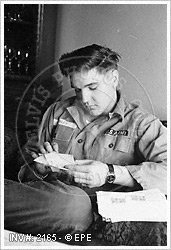
The young man was very much in love, but uncertain whether she loved him any more. He had been in the American army in Germany for more than a year and she was home in Memphis. So he poured his heart out in a letter and addressed his doubts.
"I have had feelings that in the last few months something has happened as far as you're concerned, not only because you haven't written but by the sound of your voice when I talk to you. The warmth and love seems to have dimmed ... Please believe me when I tell you it's you and you only, my darling."
This was the kind of letter any 24-year-old might write when lonely and a long way from home. But this soldier was no ordinary young man, he was Elvis Presley and the object of his affections, Anita Wood, now lost to history, was pulling away from him.
A facsimile of this remarkable letter from 1959, with the otherwise composed King of Rock'n'Roll here full of uncertainty and nakedly emotional, is included in a handsome book by Elvis expert and Memphis resident Robert Gordon, who was given rare access to material in the Presley archives.
But as Gordon filtered through the memorabilia and trivia held by Elvis Presley Enterprises, it was this letter which epitomised his intentions for the book.
"I was very moved by that love letter, where suddenly you are not dealing any longer with an icon or a star, but dealing with a man like yourself. I also found a photo of him waterskiing on a lake here in Memphis and I was struck by it because I've waterskied on that lake.
"There were no trappings about him, he was just a boy out there enjoying himself on an afternoon. That's the secret purpose of this book, to help people get past the icon and remember the person."
With a brief chronological account of Presley's remarkable life, the large format 64-page book, The Elvis Treasures, is embellished by facsimiles of concert tickets, movie posters, copies of contracts and handwritten notes by Presley.
In the first pages are foldout reproductions of a library book Presley borrowed in school (copy of the signed-out library card inserted) and the programme of the Humes High annual minstrel show of April 1953 with an 18-year-old Presley listed as the guitarist.
In the final pages are facsimiles of Western Union telegrams of condolences to the Presley family on his death in August '77 from Johnny and June Cash, Governor George Wallace, Little Richard, Isaac Hayes and others.
It is a remarkable book because, through previously unpublished photos, it poignantly deals with the small details of Presley's life and from them a picture of the man emerges. It also comes with an hour-long CD of radio interviews with Presley where he sounds humble but savvy about the "racket, uh ... business" he is in.
In 1956, he is reluctant to be drawn on whether rock'n'roll will last: "Years ago the Charleston and Vaudeville acts were popular," he says "[and] you could have told those people it was gonna die out and they wouldn't have believed you. But maybe four or five years from now rock'n'roll will be dead."
Elvis is also unwilling to be characterised as something he is not. With audible frustration, he says people suggest he is unhelpful to reporters but insists he has never turned down a request for an interview and will talk as long as he can.
And he bites back firmly at a reporter who he [Elvis] is quoted as being a Holy Roller: "I have never used that expression, I belong to an Assembly of God church, a holiness church ... and some character called them Holy Rollers. I sing in the choir and worship God and have never used the term Holy Roller."
There is also a remarkable, mature, introspective and philosophical interview from 1962.
Author Robert Gordon: "People were asking me recently about Elvis sightings. They are hogwash -- but you play that CD and it is like an Elvis sighting. You see the man behind the iconography and hype."
Gordon -- who has previously written books about Presley on the road and the history of Memphis music, as well as producing television documentaries on the blues -- says despite being immersed in Presley for many years, he still finds resonances of Elvis which are moving.
One especially poignant moment for him was when Presley's former doctor, the infamous Dr Nick [as parodied in The Simpsons], had an exhibition of his memorabilia in Memphis.
"There was a copy of Kahlil Gibran's The Prophet and the book was open to a page where Elvis had scrawled notes in the margins. You could see the handwriting was unsteady and I could just feel the chill of loneliness in his room.
"That was a very strong point of feeling the man and when the opportunity of doing this book came up I wanted to recreate that moment for other people."
Gordon says it is disappointing that the final three years of Presley's life, when Elvis was bloated and addicted to prescription medicines, have been given so much attention when there was an extraordinary career prior to that.
Presley had turned to amphetamines in his army years and admits in an interview in the book's accompanying disc that he has a great interest in modern medicine, reads doctor's handbooks and had copies of The Physician's Desk Reference.
If Presley appeared to have a predilection for pills, might that mean Dr Nick wasn't the man who, for want of a better word, "killed" Elvis Presley?
"Definitely not," says Gordon. "If you read Peter Guralnick's book [Careless Love: The Unmaking of Elvis Presley], the demon in the story is a Las Vegas doctor who feeds every bad medicinal whim of Elvis. When Dr Nick comes along he is grabbing this awful situation and asking, 'How can we regain control?' He gets left holding the bag in the public eye but I think in fact he forces moderation on to Elvis by placebos and interference.
"We have to remember there was no Betty Ford Clinic at that time, nowhere for a star to go and get well. So, Dr Nick tried to create that sort of environment in Elvis' world."
These are matters which Elvis Presley Enterprises Inc would prefer not be batted about again and Gordon admits they are very protective of Presley's legacy and reputation: "I suspect they have things that they wish Elvis didn't have, but I've never felt they were holding much back from me."
Gordon and editor Dale Cotton submitted a synopsis of their idea for their book before Presley Enterprises and were presented with relevant documents. As they went through them, they [the authors] could suggest they would like more of a certain kind of thing and, Gordon says, the estate was helpful.
Of course, with Presley being dead 25 years, it is timely and important for the estate to keep the man and the myth alive.
Yet it's fair to question whether Presley -- in maybe another generation -- will simply be just another figure like Marilyn Munroe: more interesting for what he has become in the marketplace than what he was in reality; more a poster in the popular imagination then a pivotal figure in history.
"Well, Marilyn Munroe didn't have the Sun Sessions," says Gordon, referring to Presley's first recordings in a small studio in Memphis.
"I think they will last forever. You will be able to play those to a child born in 2054, 100 years after they were made, and they will respond.
"Those works will always be great art and there is a passion and a personality caught there. In terms of Elvis lasting beyond this generation, it seems to be happening.
"I've been going to Graceland these past few years and there are a lot of young people there. I think for new fans there's no way they can be responding to the kid who came up from Tupelo and took the nation by storm, they don't know that story.
"But, nonetheless, they are responding -- and I wonder why that is.
"All they can be responding to would be the music, the films and the photos -- because he's a startlingly handsome man.
"So what do you have when you put that together? You've got his art. I don't believe if Elvis had only made [the film] Speedway he'd be the guy he is now. However, the fact is he made all those films, and there are good moments in his film career -- just as there are great moments in his musical career.
"In his photos people also see the innocence and playfulness and charm. That's what keeps him alive."

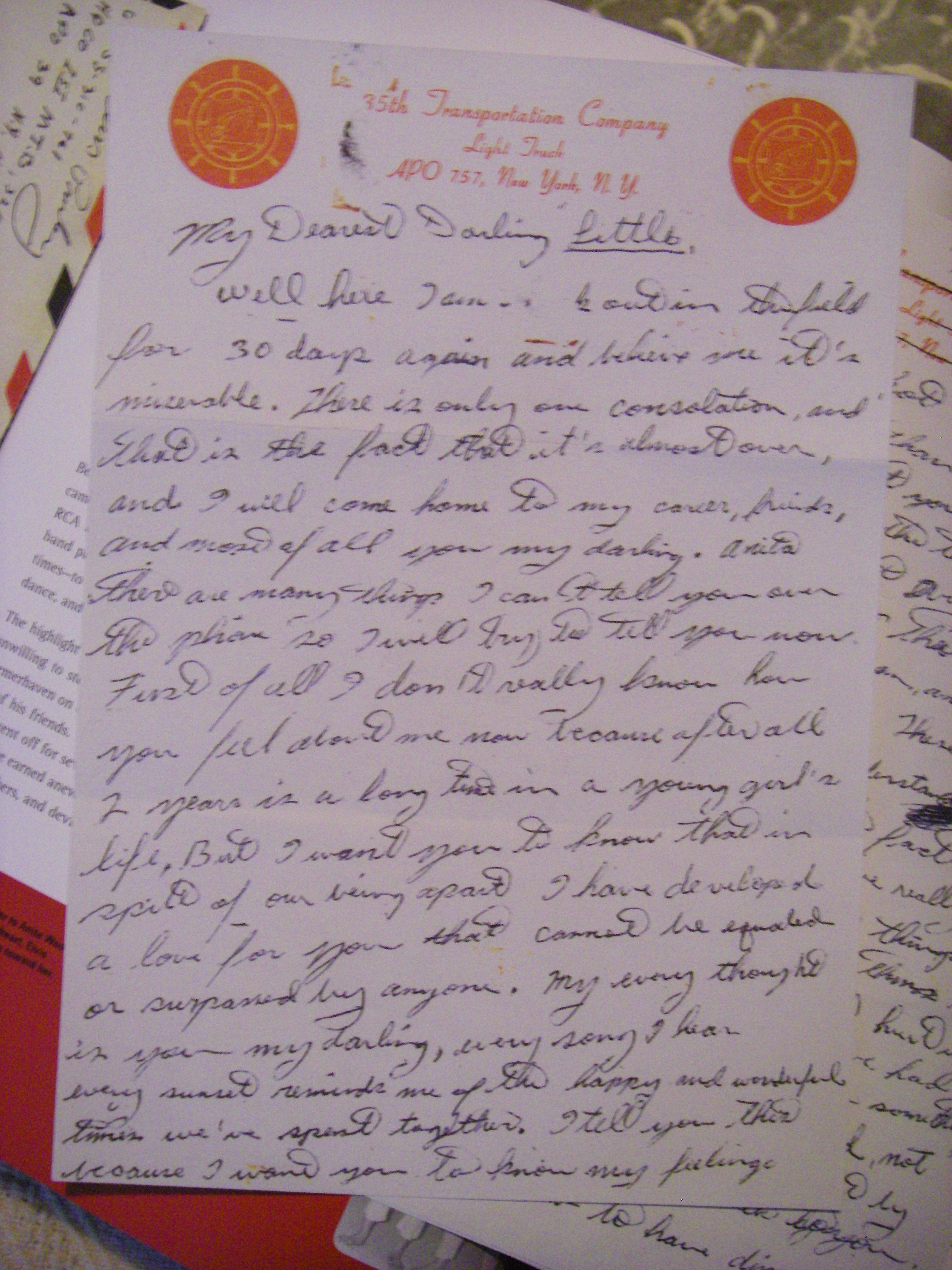
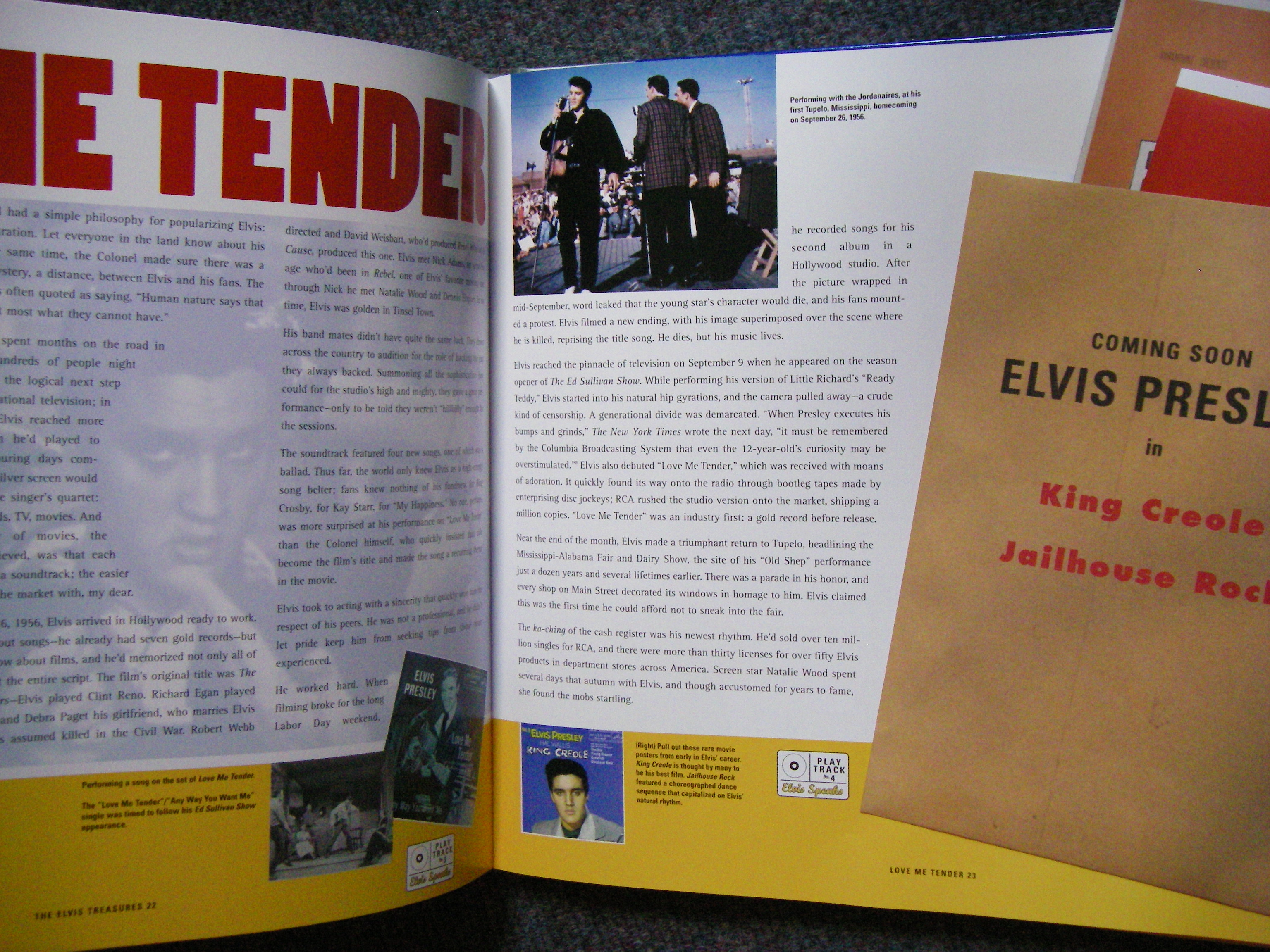
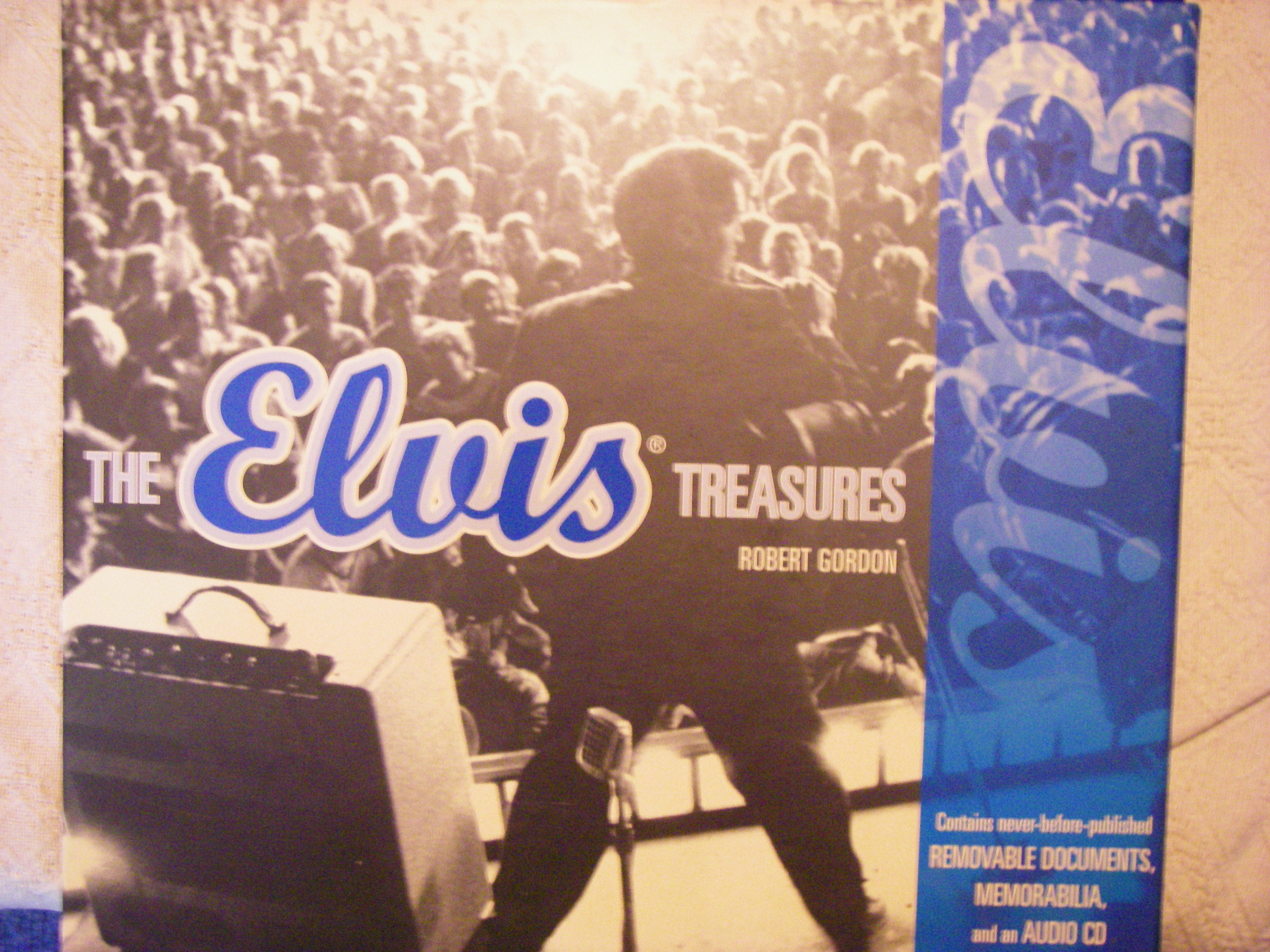
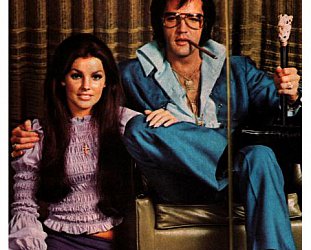


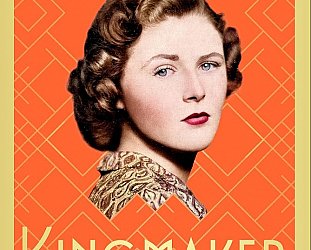

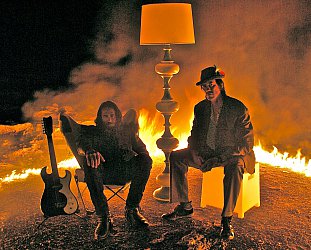
Fra - Jan 18, 2009
I have recently became re-infatuated with Elvis. Coming from the deep south, he seemed like a staple in our house and family, just always there in pictures, music, even one of the famous "velvet Elvis" was hanging in my aunts living room. Aug.16,77' was a very sad day in our little town.
SaveI had not thought much about him over the years just going about living, existing whatever. Recently I have began divorce proceedings after a lengthy marriage. I don't know why but I found myself on a popular music video website just looking for something to listen to in my state of sadness. Elvis' song "Promised Land" came up on a search that I had inserted for a different song. I clicked on it and wow, did the memories of childhood come rushing back. Since then I have spent alot of time on that website and now I have begun reading the books about his life. I have also found some really pretty songs that I had not heard before, no idea how I could have missed them considering. I am just enthralled by his life, music and stunning good looks. Strangly all the drugs and crazy behavior does not take away from the incredibly good things that he did with his life. I am moving back home soon and am planning a trip to Graceland with my Mom and her frinds, should be a great trip. "Long Live the King"!
post a comment